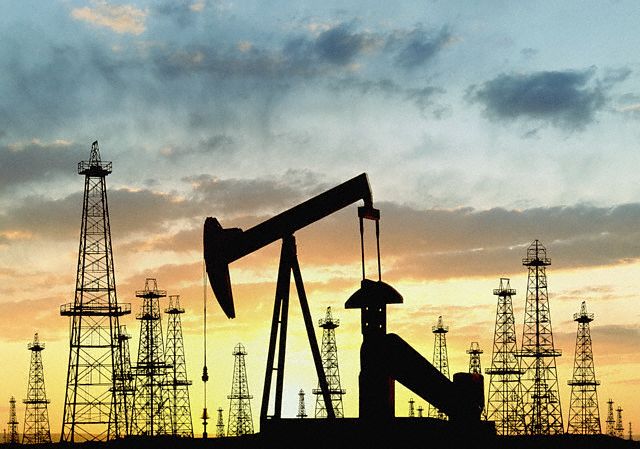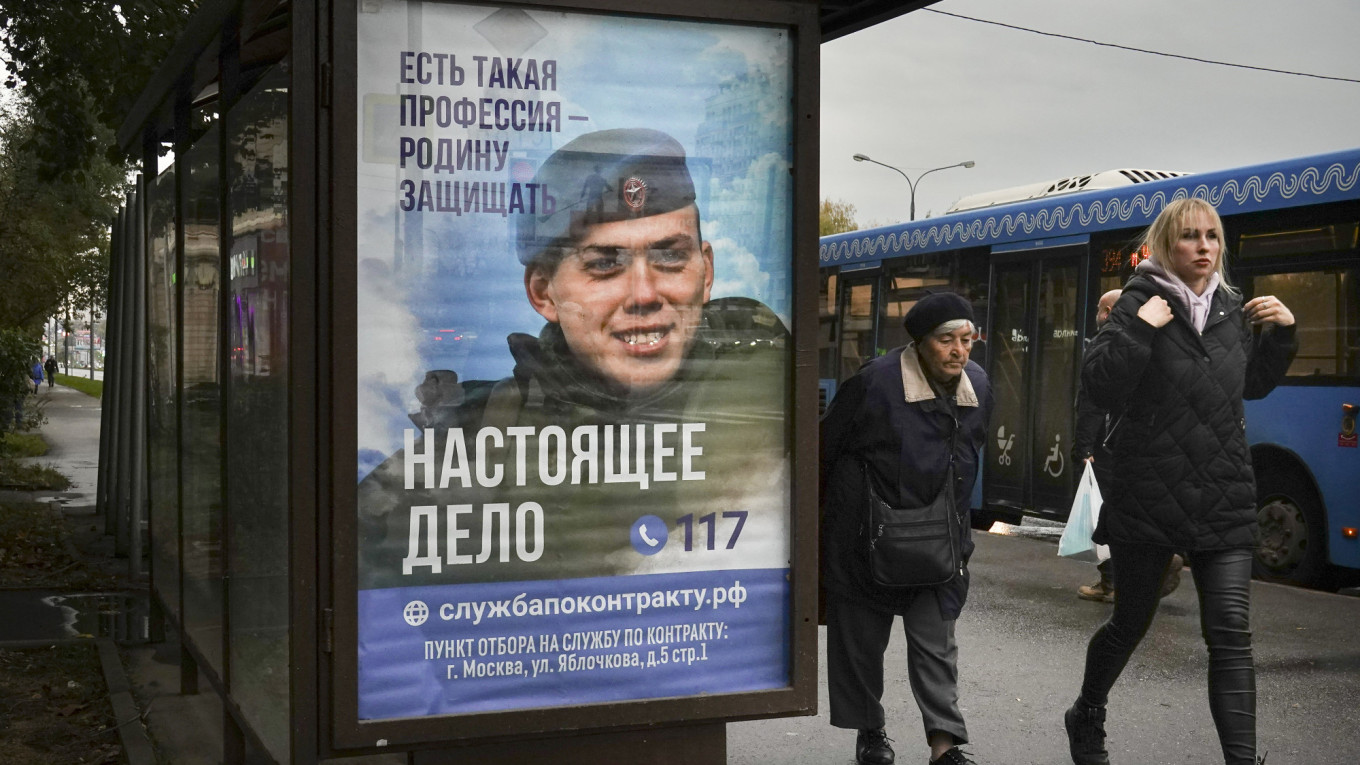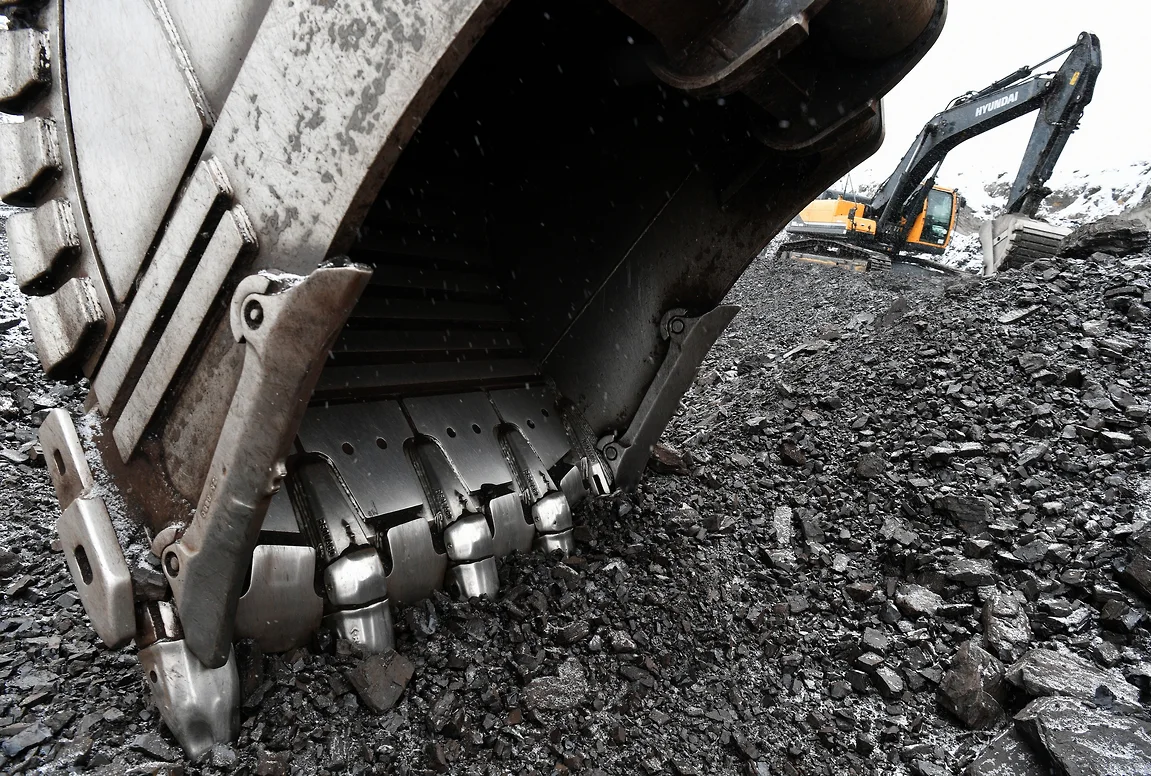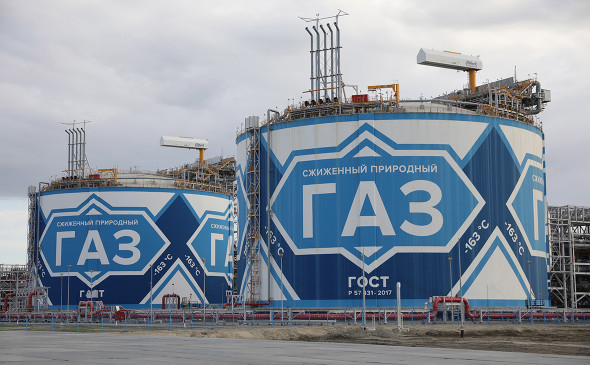
Russian Economy Failing to Modernize
Russian Economy Failing to Modernize
In his first comment on the sudden explosion of violent conflict in Kyrgyzstan, President Dmitry Medvedev tersely observed that “the protests reflect an extreme disaffection with the incumbent authorities among ordinary people.” Prime Minister, Vladimir Putin, was only slightly more verbose recalling that “when President Bakiyev came to power, he criticized sharply the toppled president, Akayev, for nepotism, for having installed his relatives and people close to him in key positions in the economy and political life in Kyrgyzstan. I have the impression Bakiyev has walked into the same trap.” Apparently, neither of the co-rulers have any shadow of a doubt that this analysis of the conditions leading to the “non-color revolution” could have any relevance for Russia (www.grani.ru, April 9).
Indeed, the World Bank has recently improved the growth forecast for the Russian economy in 2010 to 5.5 percent, and Merill Lynch has predicted the “biggest bounce” in the world with 7 percent growth and full recovery in the first quarter of 2011 (www.newsru.com, April 9). Most Russian economists are far more conservative, pointing to the low demand for credit and feeble investment activity (Nezavisimaya Gazeta, April 4). The Russian stock exchange has attracted more than $1 billion since early March, but that does not register in the total outflow of capital that reached $12.9 billion in the first quarter after the negative balance of $60 billion in 2009 (Kommersant, April 10; Vedomosti, April 5). The only way to compensate for this chronic and accumulating under-investment is to increase the spending from the federal budget, but the Finance Minister, Aleksei Kudrin, now insists on a decade of zero growth in state expenditure (Nezavisimaya Gazeta, April 7).
The main parameter in the optimistic forecasts is the price of oil, which has gradually climbed to the level last seen in the fall of 2007, when the future of the Russian economy appeared cloudless and its hard currency reserves exceeded half a trillion dollars and were seen as a guarantee against any turbulence. Putin recently delivered a lengthy upbeat address to the United Russia conference and mentioned this crucial point casually: “I do not know how long they would hold, but so far, thank God, they are holding up.” However, on the same level of oil prices Russia’s economy is doing far worse, and a return of petro-prosperity cannot be orchestrated or realistically expected (www.gazeta.ru, April 7). Russian exports in the first quarter of this year were 60 percent up on the same period in 2009, but real income has remained flat and reserves have not increased.
The main reason for this disconnect between growing oil and gas revenues and stagnating investment is the emphasis in the government’s anti-crisis policy on mitigating the impact of the decline by rescuing inefficient enterprises and expanding social payments. As a result, various administrative costs, including corruption, have risen, but the problem of unemployment is merely postponed and is set to break through the administrative barriers in the second half of this year (Ekspert, April 9). Another ticking bomb is the urgent need to increase the retirement age, which currently stands effectively at 52 years of age for women and 56 for men, so that 30 percent of the Russian population receives pensions (www.gazeta.ru, April 9). One way to deal with this problem, might have been to combine the prolongation of the work period with a significant increase in pensions, but Putin has opted for granting the latter without even mentioning the former. Even this populist “gift” has not reconciled the urban populace to the sharp increase of communal tariffs, so in March 63 percent of respondents confirmed that the crisis had directly affected the daily life of their families, which is up from 58 percent in January (www.levada.ru, April 9).
The only way the government knows how to deal with these problems is to distribute more money, so despite Kudrin’s objections, every trip Putin makes around the country produces more promises to grant extra funding to a particularly desperate region or to subsidize another “strategic” enterprise. The finance ministry and the central bank are caught between pursuing simultaneously two mutually exclusive courses: reducing inflation and expanding the amount of available capital. This choice between keeping the ruble weak or allowing it to appreciate (due to the inflow of oil revenues) requires a “political decision,” but the authorities appear unaware of this need to decide and keep setting diverging goals (www.newsru.com, April 7).
Fundamentally, the choice is about supporting domestic producers or maximizing benefits from the export of raw materials, and Medvedev’s constantly renewed commitment to “modernization” should have determined the preference for the former option –but it does not. The Kremlin is focusing on building a new center for science and high-technology outside Moscow, but this Russian-style Silicon Valley resembles an off-shore enclave for well-connected developers (www.gazeta.ru, April 1). Nobody among the innovations-obsessed authorities is prepared to face the plain truth that Gazprom, which guards its monopoly on gas trade and perceives cost-efficiency as a false pretence, objectively belongs to the camp of the “enemies” of modernization (Vedomosti, April 5). Medvedev was jubilant last week at the ceremony to lay the first pipe in the Nord Stream pipeline across the Baltic Sea, promising more gas to Europe “at reasonable and acceptable prices” and omitting any mention of the Russian addiction to energy exports (Kommersant, April 10).
The “gas-first” course gains an edge over wishful thinking about “modernization” with every increase in oil prices, but this return to familiar patterns sinks Russia deeper into economic stagnation. Medvedev is eager to postpone recognizing this reality, as he prepares for lengthy foreign trips to the US and Latin America, but he should reflect on Putin’s casual point about the violent mess in Bishkek: “Personally, I was totally taken by surprise.” This may or may not be true, but it illustrates the vast distance between the Kremlin micro-universe, in which the two supremos direct the intrigues of their minions, and the real world where anger about corrupt self-serving autocracy is growing. Surprises for the “dear leaders” might indeed be on the cards.


